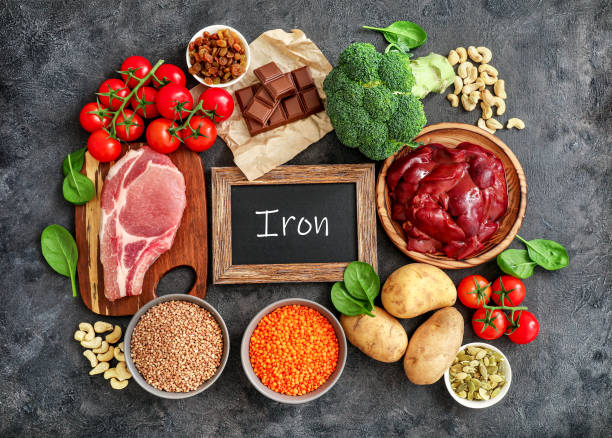A viral TikTok video trend became a nightmare last month when the death of a teenager was linked to the One Chip Challenge. Participants eat a spicy Paqui chip and then test how long they can survive without food or drinks.
Although the official cause of death has not yet been determined, the internet is buzzing with the dangers associated with the social media dare.
We asked experts to shed some light on certain questions. Is spicy food bad for your body? Why is it that some people are more sensitive to flavors than others? Can too much heat kill us?
What happens when you eat spicy foods?
We all know the burning sensation that follows a cayenne pepper. Where does it originate?
“Spicy” can be interpreted in many ways, according to Dr. Lisa Ganjhu, a gastroenterologist with NYU Langone Health. “But the spice that gives chile peppers their taste is capsaicin. This chemical compound is the active ingredient in chile.
When we eat spicy food, our bodies react in many ways: we sweat, experience tingling and burning of the mouth and lips, and even feel a burning sensation.
These reactions are our body’s attempt to cool down after capsaicin has bound to the nerve receptors of our stomach and sent a pain signal up to our brain.
Spices can cause reflux in some people.
From a gastroenterological perspective, we tend to think of reflux when discussing spicy foods, said Dr. Natasha Chhabra, a board-certified gastroenterologist. “Often, if someone notices that spicy foods increase acidity in the stomach or cause reflux, they are advised to limit their intake of spicy food.”
It’s important to keep in mind that everyone has a different build and can have varying reactions to spicy foods.
Chhabra responded that there aren’t many medical studies on the subject.
She said that the exact mechanism behind why spicy food can cause reflux was not known. There is some evidence that capsaicin can promote delayed emptying. Therefore, if food remains in your stomach longer, it could cause reflux. But this has not been proven.
Why do some people have a higher tolerance for spicy food than others?
It is more interesting to see that some people enjoy spicy food while others are not able to tolerate it.
Chhabra says that the level of tolerance is a function of a variety of factors, including genetics, experience, and exposure to food.
She said, “There’s no reason for why some people are more sensitive.” This is similar to the concept of some people being more sensitive to red food than others. It’s genetic.”
Ganjhu believes that exposure to spicy foods and flavors over time may increase tolerance. This means that some people’s high tolerance to heat may be due to their exposure to hot peppers and Sichuan sauce as a child.
Ganjhu explained that “exposure profiles could be involved in the discussion.” Someone may have grown up in a home where blander food was consumed, and another had spicy foods. The tolerance may have developed over time. It can be more a cultural issue than a physiologic one.
Many factors influence the level of heat that people tolerate. This causes a wide range of reactions in the body. Is there a standard?
Everybody’s tolerance of spicy food (like this dish made with Sichuan Peppers) is unique. Sometimes, it’s more a cultural issue than a physiological problem, said gastroenterologist Lisa Ganjhu.
What is the limit of heat?
Chhabra says that “there is no standard tolerance for spicy food.”
“Some people may tolerate more than others; there’s no recommended daily amount per person like with alcohol.”
However, there is a way of measuring the heat.
The Scoville scale is the only way to measure how hot a food is.
The scale is based on capsaicinoids, the “parent family” of capsaicin.
Bell peppers are rated between 2,500 and 10,000 Scoville units. Jalapenos, on the other hand, falls somewhere in the middle. Habanero peppers measure between 100,000 to 350,000 Scoville units. Carolina reapers are a notoriously hot chile and measure well over 1,500,000 Scoville units.
Can spicy food kill you?
Experts we spoke with say that it is unlikely that eating spicy food alone can kill you.
Ganjhu said, “I have never heard of someone dying from spicy food.” He then speculated that the stomach pains caused by the dish could lead to potentially catastrophic situations.
She explained that the One Chip Challenge is a very painful experience. Your body goes into shock as if you were stabbed, and your adrenaline is spiking.
How do you cool down the heat?
Experts say that while most people reach for water after eating spicy foods, the best way to combat the heat is by drinking or eating something rich in fat. This will help to neutralize the sensation. For example, milk is a good option.

